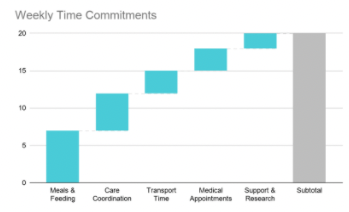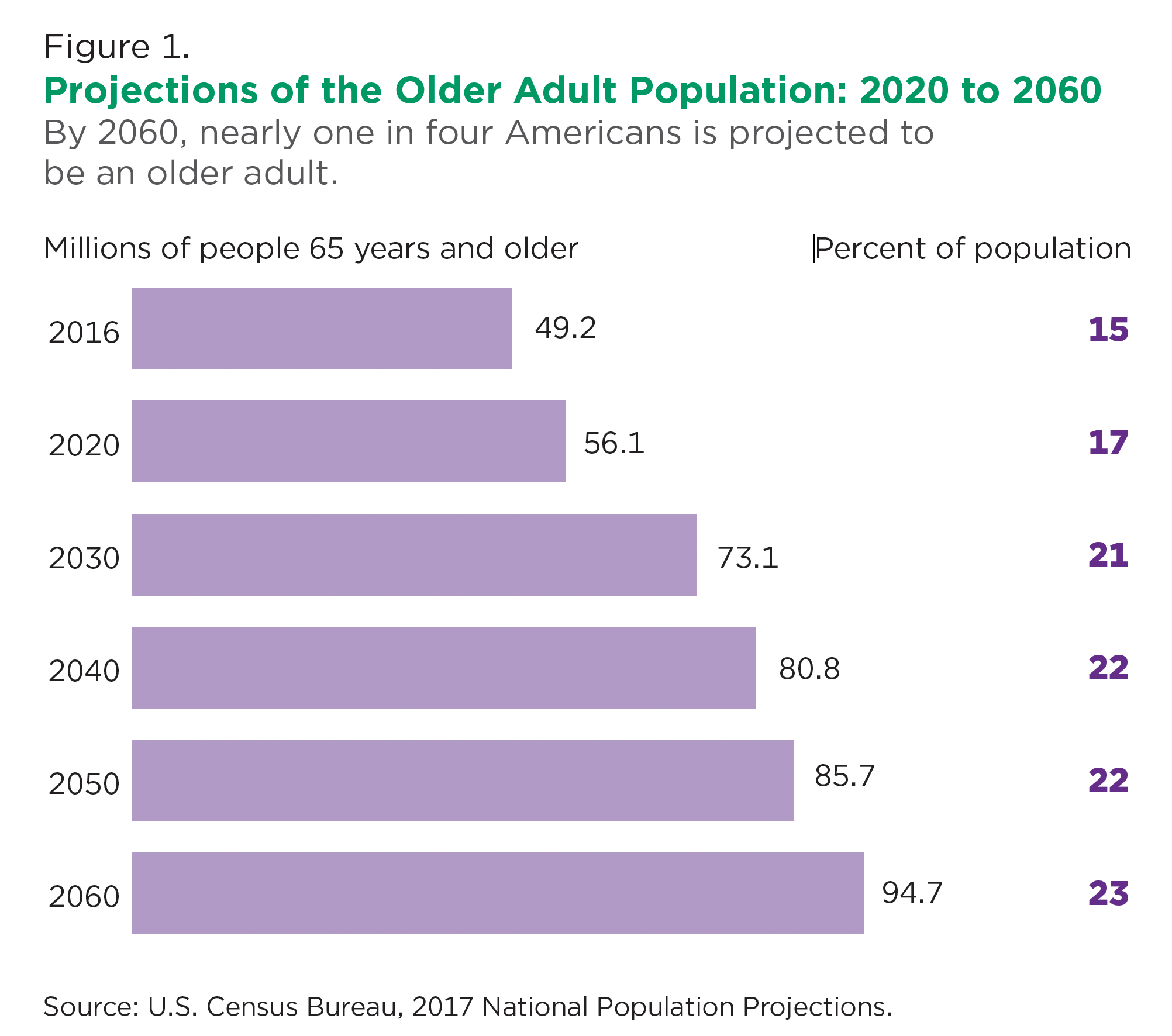By Clearday Research Team
More than 1 in 6 Americans working full-time or part-time report assisting with the care of an elderly or disabled family member, relative, or friend. In fact, ~42M US adults provide unpaid care to a loved one over the age of 50.
By 2030, over 80 million people will have dementia, Alzheimer’s, or experience a significant level of cognitive decline — regardless of age. The burden of providing continued care to loved ones as they experience cognitive decline is growing and putting more and more pressure on those in the workforce to juggle caregiving and to make difficult decisions.

Only 56% of caregivers report that their work supervisor is aware of their caregiving responsibilities.
Employees who serve as caregivers lose an average of 20 hours a week managing caregiving tasks— these distractions break up employee focus, drive absences, create unhealthy habits, and contribute directly to burn-out and depression. 34% of unpaid family caregivers often feel they have to leave their job because of lack of work flexibility and resources.
Moreover, outsourcing care to care facilities is out of reach for many families. Today’s premium care techniques and practices are found only at 24/7 care facilities which cost upwards of $100k annually.
Additionally, if outsourcing care is an option, many home care agencies are turning away business because they don’t have the caregivers to support it, and most importantly, families are not getting the care they desperately need. Clearday™ has a mission of providing our employees with safe, positive, community-based environments that increase their independence, social engagement, and overall well-being. See how Clearday helps employees here.
This blog and related materials prepared by Clearday, Inc. may use publicly available information including market research, studies or reports by unaffiliated third parties that include market demographics and other relevant market or research information. Such information or a link to such information is available upon request. We do not warrant any such information and do not have information that causes us to believe that any such market research, studies or reports are not correct in all material respects.
